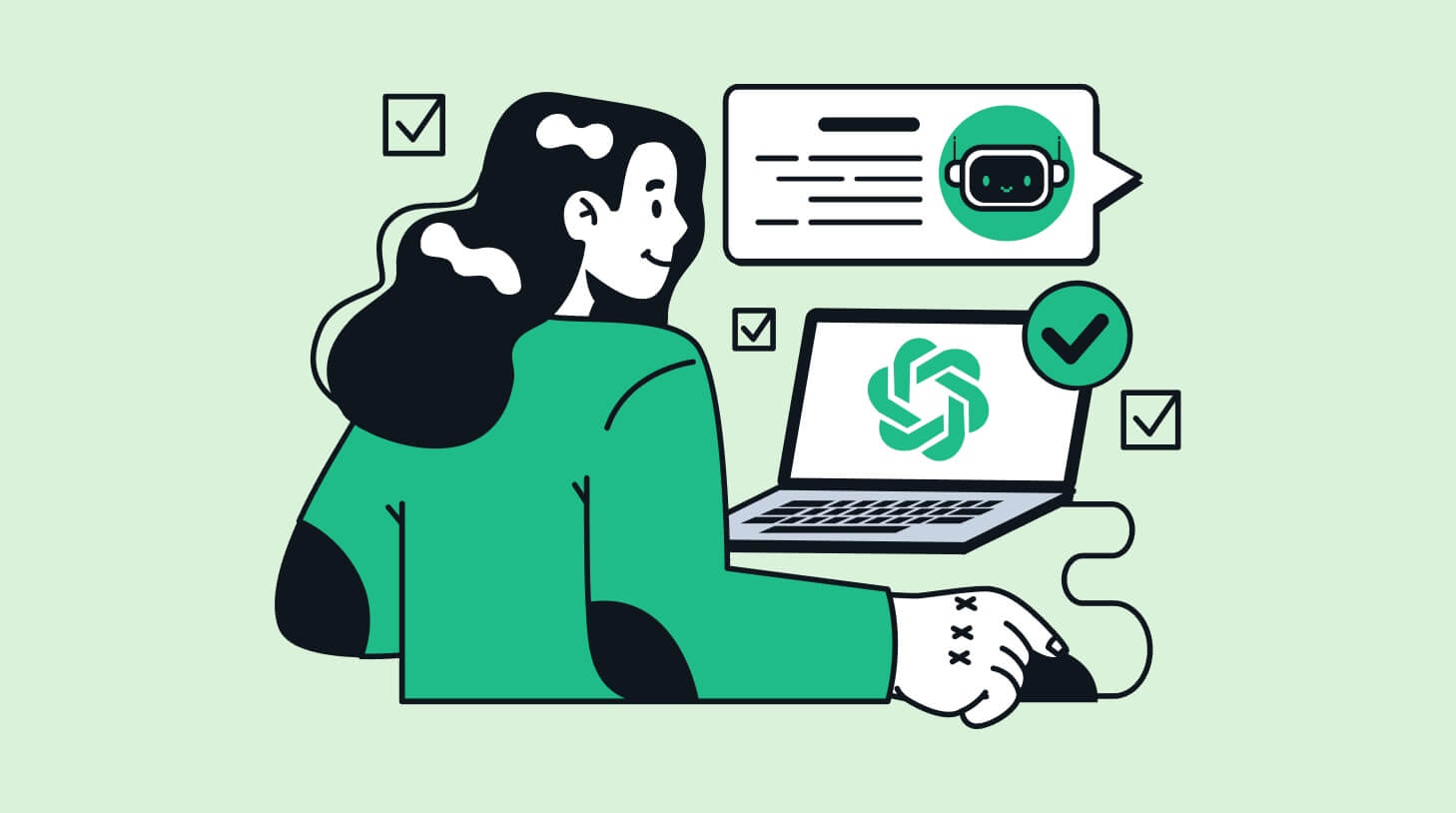Your best co-worker yet: the human-AI working relationship
Learn how AI and human collaboration transforms HR functions for the better. AI streamlines administrative tasks and enriches decision-making, while human empathy and creativity enhance employee relations in a fusion that pulls in the best of both worlds.

As HR professionals, we’ve all lost a co-worker to another opportunity, retirement, or for some other reason, and while that co-worker will be missed, we quickly wonder how long it will take to replace them and how much of their job responsibilities will I have to take on.
Now, imagine this: instead of your manager informing you that the job posting for the vacant position has been posted, they announce that the organization has decided to implement AI-driven solutions to handle the responsibilities previously managed by the departing individual.
You are immediately skeptical of this new development.
“How will AI know how to do my former co-worker’s job?”
“We were working on some projects together. What will happen to those?”
These questions abound, among other fears and uncertainties.
However, a fascinating journey of discovery and adaptation unfolds, illustrating the symbiotic relationship between humans and AI in the workplace.
A fascinating journey of discovery and adaptation unfolds, illustrating the symbiotic relationship between humans and AI in the workplace.
AI integration is becoming increasingly prevalent in today’s rapidly evolving landscape of workplace dynamics. From streamlining operations to enhancing decision-making processes, AI has undoubtedly transformed various facets of organizational functioning.
However, as illustrated in the example above, when it comes to HR, the introduction of AI can evoke a spectrum of emotions, ranging from curiosity to apprehension.
At the heart of this narrative is the recognition that AI can be a valuable tool for HR professionals when used strategically and ethically. By leveraging AI’s capabilities, organizations can streamline administrative tasks, optimize recruitment processes, and gain actionable insights from vast datasets.
Returning to our original scenario, one of your former co-worker’s tasks was answering questions about employee benefits. Imagine: instead of being directed to a phone number, employees are now greeted by a chat box that provides instant access to not only the benefits information but also other HR-related information, policies, and procedures.
These AI-driven assistants can enhance HR service delivery, reduce administrative burden, and improve employee experience, all of which contribute to a more efficient and effective HR function.
But I understand you may have concerns. If AI can handle my former co-worker’s primary responsibility, what about my own job? It’s a valid question.
The value of the human touch
Amidst the excitement about the potential benefits of AI in HR, it’s important to remember the human aspect of this technological integration. While AI may excel in executing repetitive tasks and providing readily available information, it cannot replicate the nuanced understanding, empathy, and creativity that are inherent to human interactions.
Therefore, the HR function must navigate the human-AI relationship with care, ensuring that technology complements rather than replaces human expertise and intuition. This human-centric approach is crucial to maintaining the unique value that HR professionals bring to the table.
In fact, amidst the optimism about AI’s potential benefits, it’s essential to dispel the notion that AI is a substitute for human involvement in HR. While AI can enhance efficiency and effectiveness, it cannot replace the human touch in areas such as employee relations, conflict resolution, and leadership development.
HR will always need humans – individuals who possess empathy, intuition, and a deep understanding of human behavior.
Easing the workload
As a former HR leader and consultant to HR professionals, I am particularly excited about one of the most significant advantages of AI in the HR realm: the potential to alleviate stress and burnout among HR practitioners.
By automating mundane and time-consuming tasks such as data entry, scheduling, and compliance management and answering questions about information that is already accessible, AI liberates HR professionals to focus on strategic initiatives and meaningful interactions with employees.
This shift enhances job satisfaction and significantly empowers HR teams to impact organizational culture and employee well-being, thereby relieving HR professionals of some of their workload and stress.
Reducing financial stress
Furthermore, the integration of AI in HR promises cost savings for organizations. By streamlining processes and optimizing resource allocation, AI-driven solutions can drive operational efficiencies and reduce overhead costs.
From talent acquisition to performance management, AI-enabled platforms can yield valuable insights that inform data-driven decision-making, leading to more informed and effective HR strategies.
Humans and AI: the best of both worlds
In conclusion, the integration of AI in HR represents a paradigm shift in how organizations approach talent management and organizational development.
By embracing AI as a complementary tool rather than a substitute for human expertise, HR professionals can harness its transformative potential while upholding human-centric values.
The key lies in fostering a workplace culture that values technological innovation and human connection, ensuring a harmonious coexistence between humans and AI in pursuing organizational excellence.
Frequently asked questions
- Why use AI to find passive candidates?
- AI helps you efficiently identify and engage passive candidates by automating searches, analyzing data patterns, and personalizing outreach, allowing you to tap into talent pools that traditional methods might miss.
- How can you use AI to find and engage passive candidates?
- Use AI tools to automate the search process, analyze candidate profiles, time your outreach effectively, and craft personalized messages that resonate with each candidate’s interests and career goals.
- What are the benefits of using AI in passive candidate sourcing?
- AI improves recruitment efficiency, enhances accuracy, broadens your talent pool, and enables personalized engagement, leading to faster hires and better-quality candidates.
- What are some features you need to look for in an AI passive candidate sourcing tool?
- Key features include advanced search capabilities, comprehensive profile analysis, predictive analytics, personalized engagement, and seamless integration with your existing HR systems.





